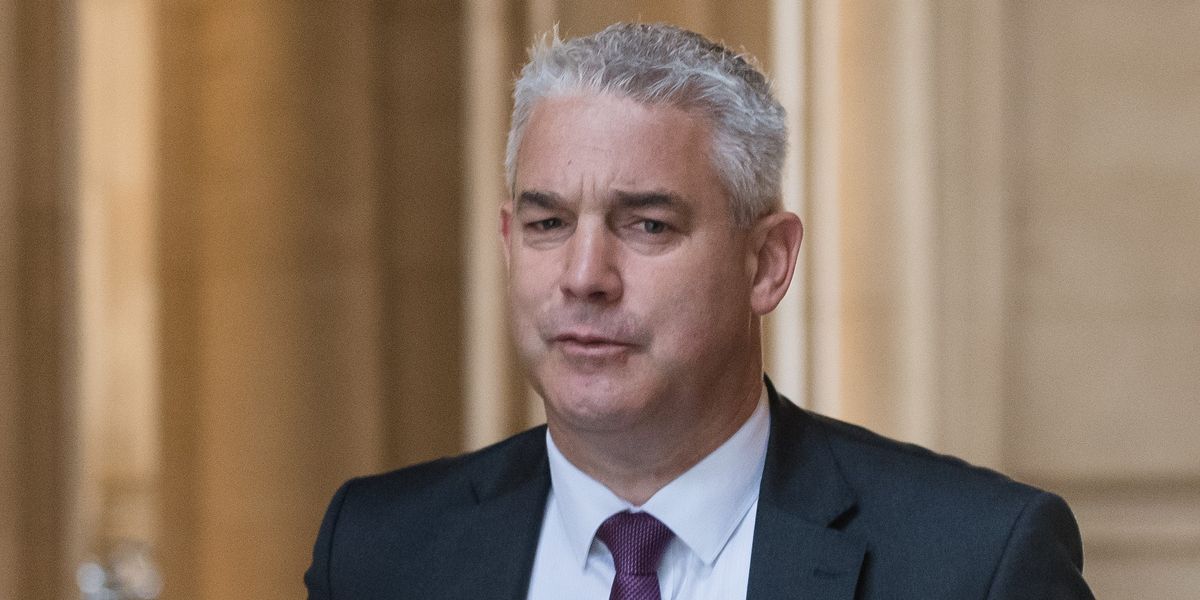



Life-saving cancer drugs are set to be approved at a much faster pace under new plans to take advantage of Brexit freedoms.
Slashing red tape, Health Secretary Steve Barclay will today announce a new fast-track process to halve the time it takes to get research underway.
Writing together with Medicines and Healthcare products Regulatory Agency (MHRA) head, Dr June Raine, Barclay pledged to streamline the research process in a huge shake-up of the current system.
Writing in the Telegraph, Barclay and Raine said the changes were part of the biggest reforms to clinical trials regulation for more than 20 years as they vowed to “slash red tape”.
They continued by saying that the changes took advantage of Brexit and allowed for the “total overhaul of clinical trials regulation”.
“Medical advances now mean the prognoses for many of the most serious diseases are significantly improving – the chances of surviving cancer, for example, are now double those of 50 years ago,” write Steve Barclay and Dr Raine.
“These medical advances would not have been possible without clinical trials.

Barclay and Raine said the changes were part of the biggest reforms to clinical trials regulation for more than 20 years as they vowed to 'slash red tape'
Getty Images
“As well as speeding up patient access to cutting-edge treatments, we know that trials lead to better care outcomes for participants overall. They also bring with them significant investment in the economy.”
According to the Telegraph, more than 2,000 applications were cleared from a backlog which had built up over the pandemic.
Earlier this year, the average wait time for applications hit four months in a process that would normally take just 30 days.
Prior to the shake-up, the MHRA would approve around 750 new trials per year.
However, since July, the regulator has approved 2,200 applications.
Under the plans being set out today, low-risk trials will have their approval time reduced to just 14 days.
Such low-risk trials are categorised as phase three and four trials meaning the safety risks have already been examined.
Barclay and Dr Raine added: “The MHRA has taken advantage of the opportunities of the EU exit and is now undertaking a total overhaul of clinical trials regulation – the biggest in over 20 years – which will see a plethora of changes introduced ranging from slashing red tape to streamlined trial approvals to greater transparency.
“The changes will cement UK trials as innovative, inclusive and international, making the UK one of the best places in the world to conduct research for patients and researchers.
“The reforms mean moving away from a ‘one-size-fits-all’ regulatory approach to a more flexible and risk-proportionate one.
“This approach underpins a new streamlined scheme for the lowest-risk clinical trials – these being later-stage trials that meet a set of strict criteria, such as there being no known safety issues with the medicine being studied.
“This means we can save valuable time spent by experts unnecessarily reviewing trials where the risk is lowest and get around 20 per cent of trials up and running quicker, giving UK patients faster access to the potentially life-saving medicines.”
